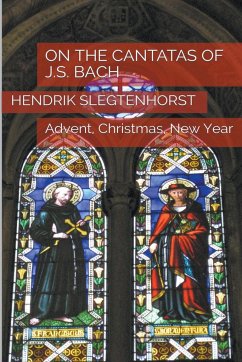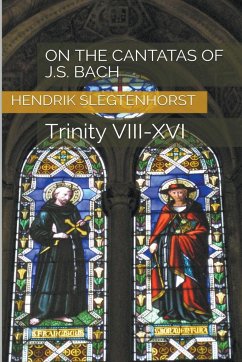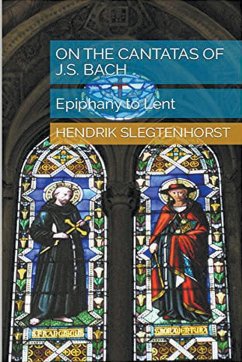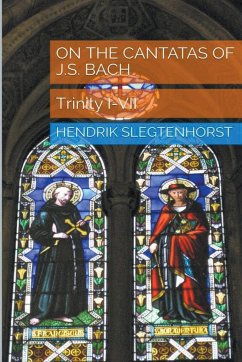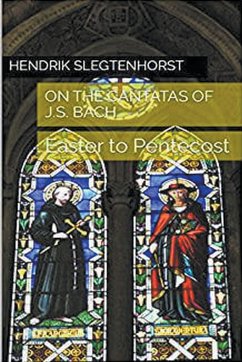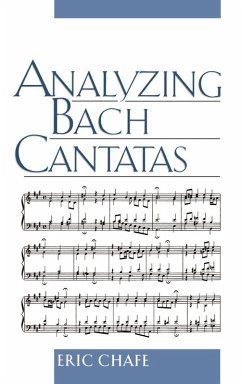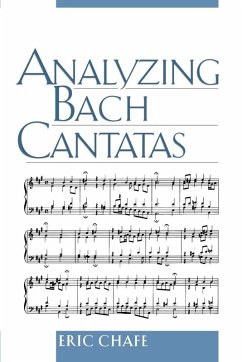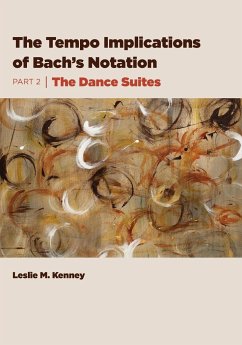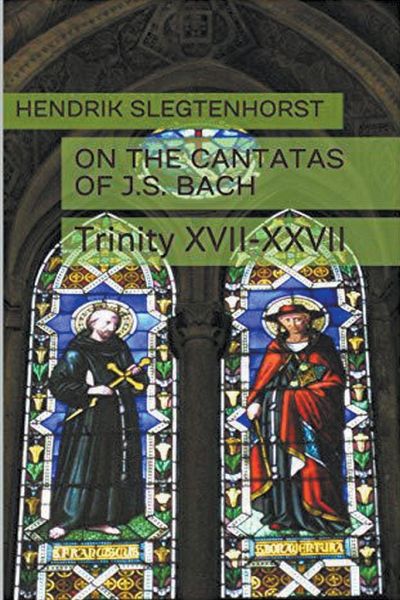
On the Cantatas of J.S. Bach
Trinity XVII-XXVII
Versandkostenfrei!
Versandfertig in 1-2 Wochen
17,99 €
inkl. MwSt.

PAYBACK Punkte
9 °P sammeln!
In his more than 200 cantatas Bach interprets the human condition through musical assertion and examination of the relevance of the gospels and epistles of the Christian Bible. Every cantata is discussed in my six book series On the Cantatas of J.S. Bach. The epistle, which is essentially didactic, is from the Apostolic letters retained in Scripture. The gospel, which is concerned with the life and teachings of Christ, is effectively an exposition of His adherence to principles and the application of action. Guided by this context, Bach consistently propounds surpassing interpretations of the ...
In his more than 200 cantatas Bach interprets the human condition through musical assertion and examination of the relevance of the gospels and epistles of the Christian Bible. Every cantata is discussed in my six book series On the Cantatas of J.S. Bach. The epistle, which is essentially didactic, is from the Apostolic letters retained in Scripture. The gospel, which is concerned with the life and teachings of Christ, is effectively an exposition of His adherence to principles and the application of action. Guided by this context, Bach consistently propounds surpassing interpretations of the nature and spirit of life. Though the over-reaching principles are philosophical and ethical, how they apply is determined, ultimately, by the individual. Book Three of this series examines the 36 surviving cantatas for the Sundays and feast days of Trinity XVII to XXVII, which include those for Michaelmas and Reformation Day. Bach, in these, affirms and explains such fundamental aspects as good and evil, unbelief and belief, falsity and friendship, and the Last Judgment. It is a personal exploration, both his and mine.



